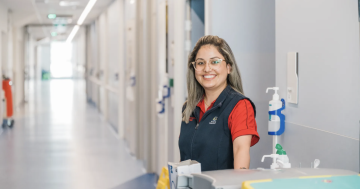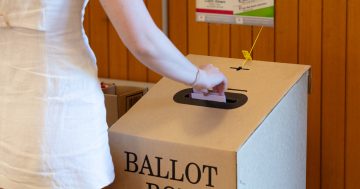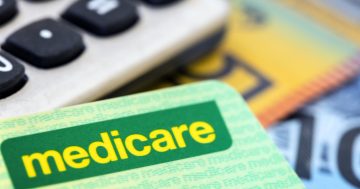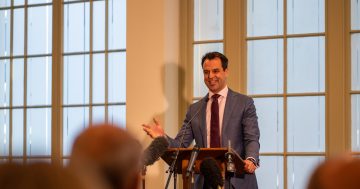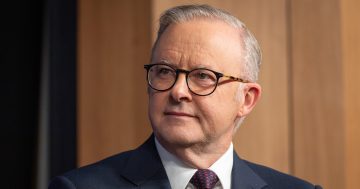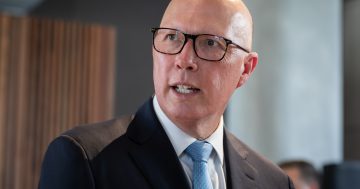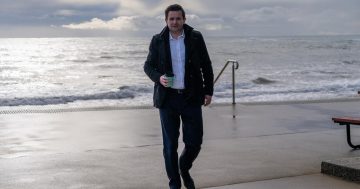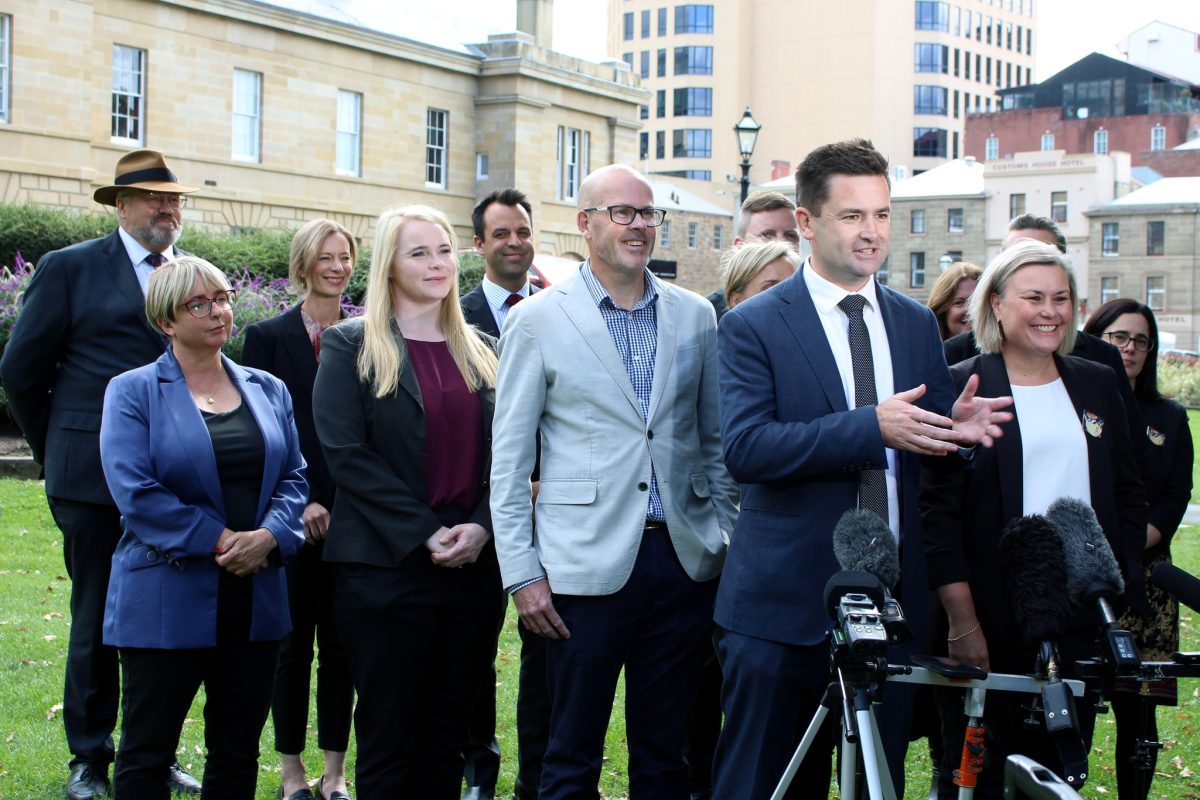
The Tasmanian Labor Party, led by Dean Winter, is promising new healthcare measures aimed at easing voters’ hip-pocket pain. Photo: Tasmanian Labor, Facebook.
The Tasmanian Labor Party is promising to deliver new medical clinics across the state in an effort to improve the state’s health services and reduce costs for patients.
After Premier Jeremy Rockliff lost a no-confidence motion, the state is heading for an election and the Labor Party has announced healthcare promises in a bid to win government.
In its statement, the Labor Party said there were no free regular doctors’ clinics in the state, though there were urgent care clinics, which fulfilled a different role in the healthcare system.
The policy, promising bulk-billed, free GP clinics, is a two-pronged move to provide cost-of-living relief to Tasmanians while improving their access to health care.
“Every patient, no matter their postcode or income, deserves access to high-quality care from a GP who knows them, and their history,” Royal Australian College of General Practitioners deputy chair Dr Tim Jones said.
“We’re throwing our support behind this initiative designed to attract doctors to communities where timely and affordable general practice care can make such a difference.
”It’s an unfortunate reality that some households have to make impossible decisions between filling up the car, buying groceries and medicines, and seeking healthcare, including from a GP.”
“TassieDoc”, Labor leader Dean Winter’s promised program, would ensure that Tasmanians can see a regular doctor free at five new, bulk-billed clinics across the state. The clinics would be spread out across the north, north-west and south, wherever there is a community need.
Labor is counting on support from its federal cousin’s increased investment in Medicare, but said the Tasmanian government would operate the clinics.
Mirroring the promises of the Federal Government, it said Tasmanians would only need their Medicare card.
The clinics are planned to operate with extended hours, including evenings and on weekends, either in person or via telehealth.
To reduce the doctor shortage, Labor also pledged to provide incentives for 150 additional medicos to live and work in Tasmania, with practices receiving grants to take them on and retain them, both in urban and rural areas.
Labor said it planned to operate the first TassieDoc clinics before the end of the year.


